What does the Labour election win mean for your money? Key manifesto points after landslide
The Labour election win was not as large as some polls had predicted. But the new government’s majority will mean it can enact significant changes.

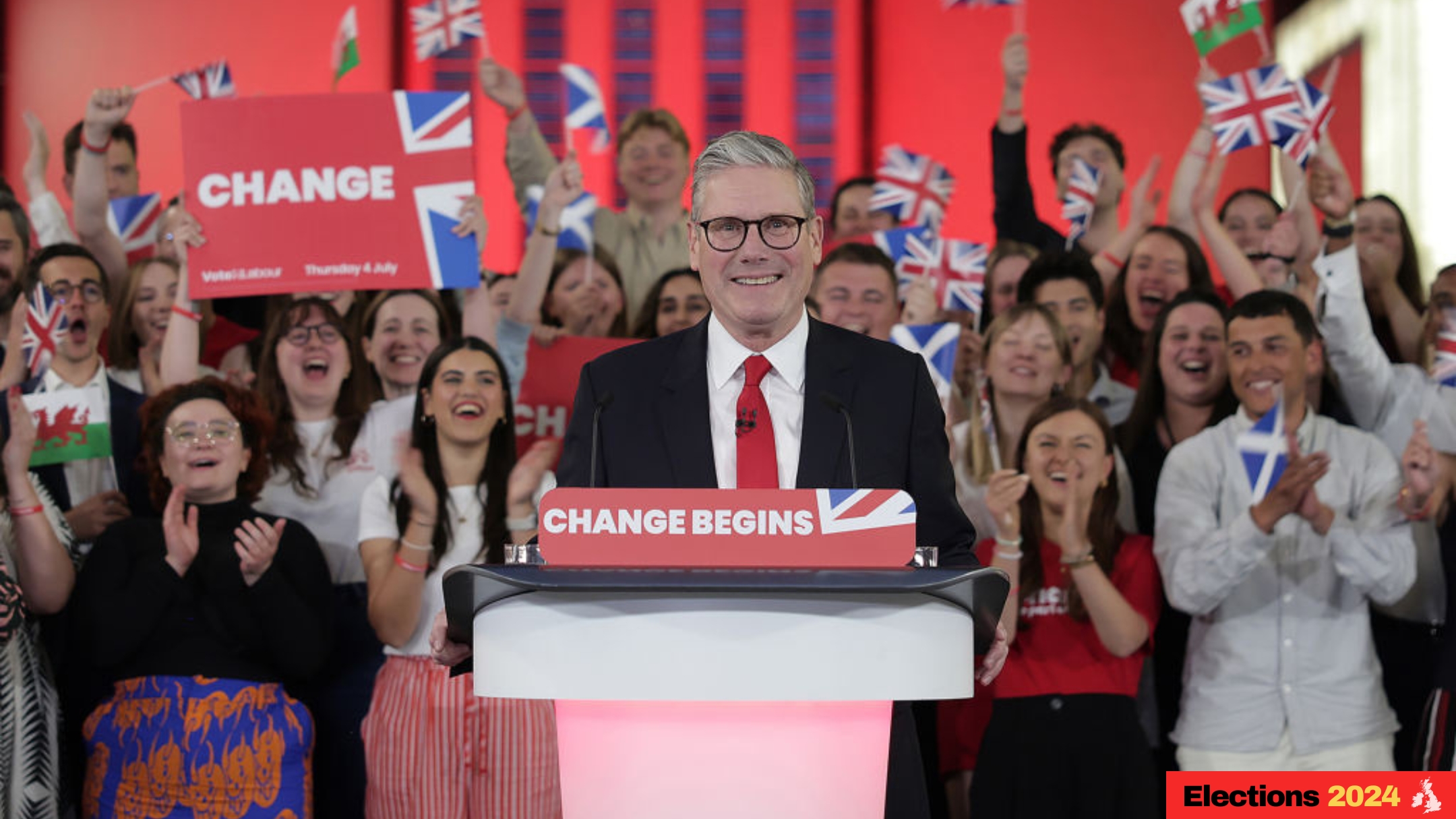
Get the latest financial news, insights and expert analysis from our award-winning MoneyWeek team, to help you understand what really matters when it comes to your finances.
You are now subscribed
Your newsletter sign-up was successful
Want to add more newsletters?

Twice daily
MoneyWeek
Get the latest financial news, insights and expert analysis from our award-winning MoneyWeek team, to help you understand what really matters when it comes to your finances.

Four times a week
Look After My Bills
Sign up to our free money-saving newsletter, filled with the latest news and expert advice to help you find the best tips and deals for managing your bills. Start saving today!
Sir Keir Starmer’s Labour Party has secured a large majority at the 2024 general election.
Returning 412 MPs on a 34% share of the national vote, the party has secured an 170-seat majority. This is a similar-sized majority to the ones Tony Blair secured in 1997 and 2001. Two constituencies have still to declare at the time of writing.
Starmer, who has formally been made Prime Minister by King Charles III at Buckingham Palace, evoked Tony Blair in 1997 in his dawn victory speech. He said the “sunlight of hope” was now shining on the UK, and added that “a weight has been lifted” by the Tories’ defeat.
MoneyWeek
Subscribe to MoneyWeek today and get your first six magazine issues absolutely FREE

Sign up to Money Morning
Don't miss the latest investment and personal finances news, market analysis, plus money-saving tips with our free twice-daily newsletter
Don't miss the latest investment and personal finances news, market analysis, plus money-saving tips with our free twice-daily newsletter
It was a torrid night for Rishi Sunak’s Conservative Party, which has (so far) lost 250 seats and a dozen former cabinet ministers. It will now form the main opposition in the House of Commons after 14 years of governing the country. The Conservative tally of 121 constituencies came after it lost almost half of its vote share with 24% of the ballots cast in its favour. However, it remained ahead of the Liberal Democrats (71 seats), the SNP (nine), as well as Reform UK and the Greens (both four).
So, with a Labour government coming into power, what are its key money policies - and how soon can we expect them to be enacted? We’ve rounded up everything you need to know.
Labour election win: what are its main money policies?
When Starmer launched the Labour manifesto in Manchester in mid-June, he said his party would “rebuild” the UK economy. Economic stability was one of six key pledges that formed the heart of the document, alongside recruiting 6,500 new teachers and cutting NHS waiting times.
On tax, Labour promised it would “not increase taxes on working people”. It has pledged not to hike income tax, National Insurance or VAT. However, millions of people seem likely to face a higher income tax burden over the next five years as a result of fiscal drag. The party looks set to continue the Tories’ threshold freeze.
It has also targeted reform of wealth taxes. The manifesto said the Starmer government would “address unfairness in the tax system” by barring the use of offshore trusts to get around inheritance tax (IHT). At the same time, tax breaks for private school fees are set to be scrapped. We’ve written about how to protect your wealth from Labour.
When it comes to state pensions, Labour has promised to retain the triple lock. However, it has not addressed the big question of how income tax will interact with this state support over the coming years. Pensioners look set to face a tax bill should the freeze on the personal allowance remain in place. There is also significant doubt over whether Waspi women will receive a compensation package.
On private pensions, the party has been vague, promising reform after a review is conducted into the current system. While it hasn’t outlined a detailed vision for change, its manifesto said the new system would be centred around delivering “better outcomes” for savers and retirees, as well as bolstering “security in retirement”.
Meanwhile, Stamer’s party has also targeted expanding the coverage of face-to-face retail banking. It has pledged to open hundreds of new banking hubs before the end of the Parliament.
In terms of investing, Labour has promised to create a supportive environment for “innovation and growth” in the financial services sector - part of the pro-business approach it has been keen to construct since Starmer took over the party from Jeremy Corbyn. Investors could benefit from the Labour government by dint of its big majority.
There is also an ambition to get pension funds to invest more heavily in the UK, while a new National Wealth Fund will be set up to generate further private investment in public infrastructure.
On property, the new government has said it wants to get more first-time buyers onto the housing ladder by expanding the mortgage guarantee scheme. The Freedom to Buy policy will be accompanied by what Labour hopes will be a home building boom, as well as an aim to keep mortgage rates down. One big question about the party’s policy on this front surrounds the future of stamp duty, with the temporary discounts announced by the Conservatives currently due to expire in spring 2025.
The buy-to-let sector also faces significant change, with Section 21 ‘no fault’ evictions set to be removed “immediately” by Starmer’s administration. Private tenants will be afforded the protections from damp and mould currently set out for social housing by Awaab’s Law. For leasehold, Labour has pledged to end the current system, making commonhold the “default tenure” for flats and scrapping “unfair” maintenance charges.
A final key thing to note is that the party has said it will sign up to the same set of fiscal rules established by Jeremy Hunt in the wake of the Liz Truss premiership. In essence, this means it will seek to restrict public borrowing and get debt falling as a percentage of GDP over the next five years. At present, this means cuts to some frontline public services are expected.
When is Labour’s first Budget going to be?
We won’t know for certain how a Labour government will operate until Chancellor Rachel Reeves delivers her first fiscal event. She has previously pledged to deliver one with an Office for Budget Responsibility (OBR) assessment of how her spending plans will affect the economy. The lack of an OBR report was part of the reason why Liz Truss’s mini-Budget almost crashed the UK economy in late-2021.
OBR reports take 10 weeks to put together. It means that if Reeves asked the independent public body to produce one as soon as possible, the earliest date by which it would be available would be Friday 13 September. There have been reports that the Chancellor may wait until October to deliver the set piece event.
What other key dates do we need to know about?
As well as question marks over when the next Budget will take place, we also don’t yet know when Labour will begin to set out its policy agenda in the House of Commons.
The summer months are usually when Parliament goes into recess. During this ‘holiday’ period, no bills pass through the House of Commons - although MPs and ministers will still technically be working.
There hasn’t been a recess yet this summer, and it’s likely one will be called at some point. When it is called, it will delay any new Labour legislation.
At the moment, we know Parliament will return on 9 July so that new MPs can be sworn in. They will then elect the new chairs and members of the various select committees that scrutinise the government’s bills.
Then, on 17 July, King Charles III will deliver the King’s Speech. This will set out the next government’s legislative agenda, so we’ll find out exactly what its policy priorities are for the coming year.
Get the latest financial news, insights and expert analysis from our award-winning MoneyWeek team, to help you understand what really matters when it comes to your finances.
-
 Should you buy an active ETF?
Should you buy an active ETF?ETFs are often mischaracterised as passive products, but they can be a convenient way to add active management to your portfolio
-
 Power up your pension before 5 April – easy ways to save before the tax year end
Power up your pension before 5 April – easy ways to save before the tax year endWith the end of the tax year looming, pension savers currently have a window to review and maximise what’s going into their retirement funds – we look at how
-
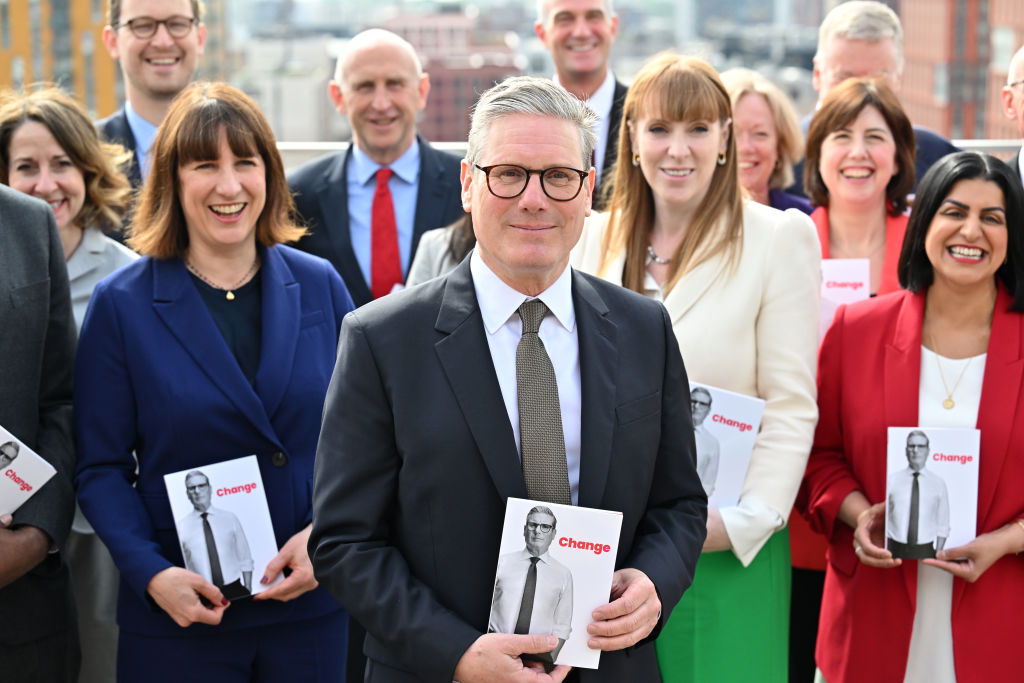 General election 2024: who’s in the Labour cabinet?
General election 2024: who’s in the Labour cabinet?A new Labour cabinet has been appointed by Keir Starmer after his party won the general election. Here’s the latest on who’s in it
-
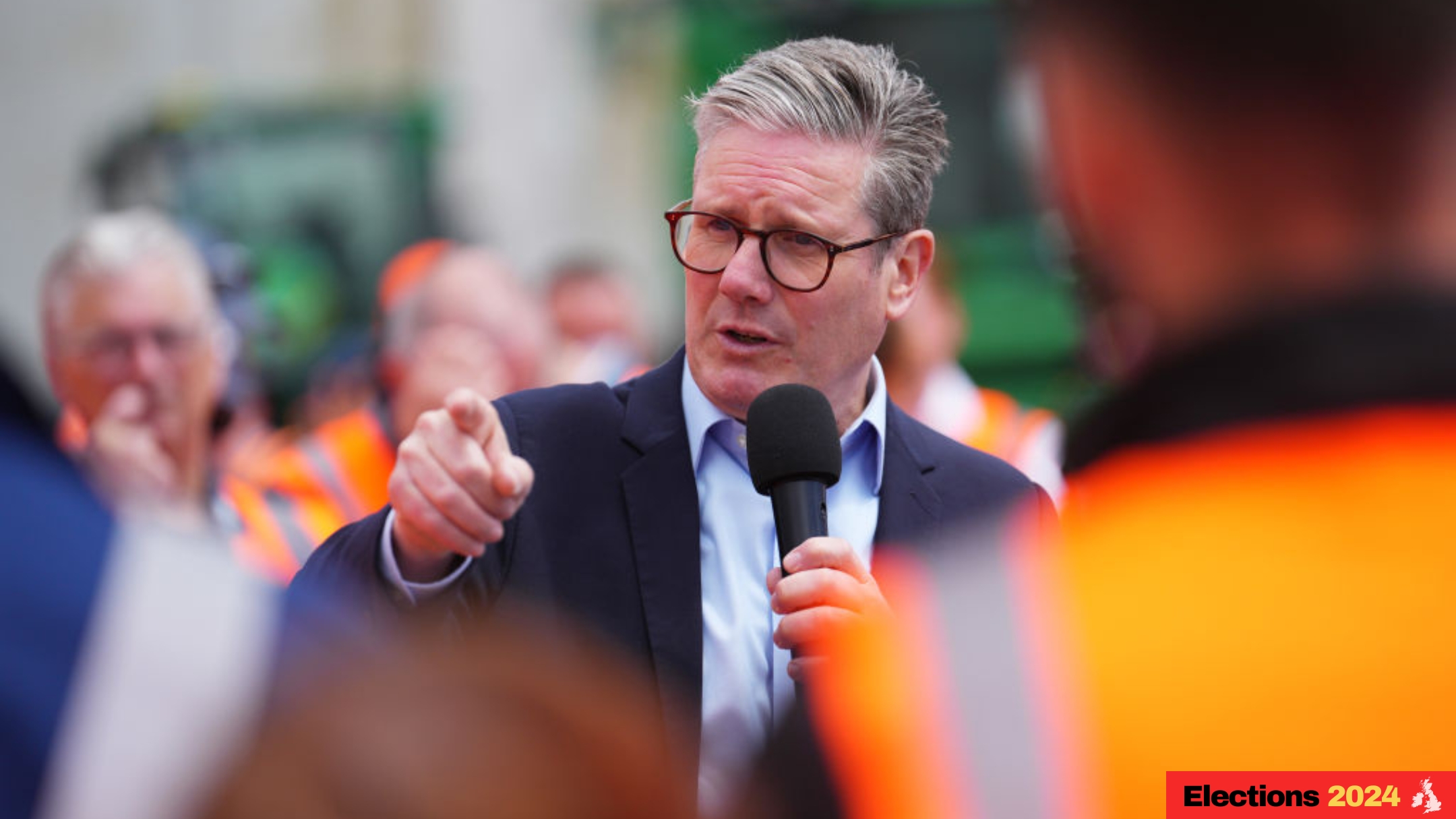 What would a Labour supermajority mean for capital markets?
What would a Labour supermajority mean for capital markets?The Conservative Party has warned that a Labour supermajority would be bad for democracy. But what impact could a big win for Keir Starmer have on the markets?
-
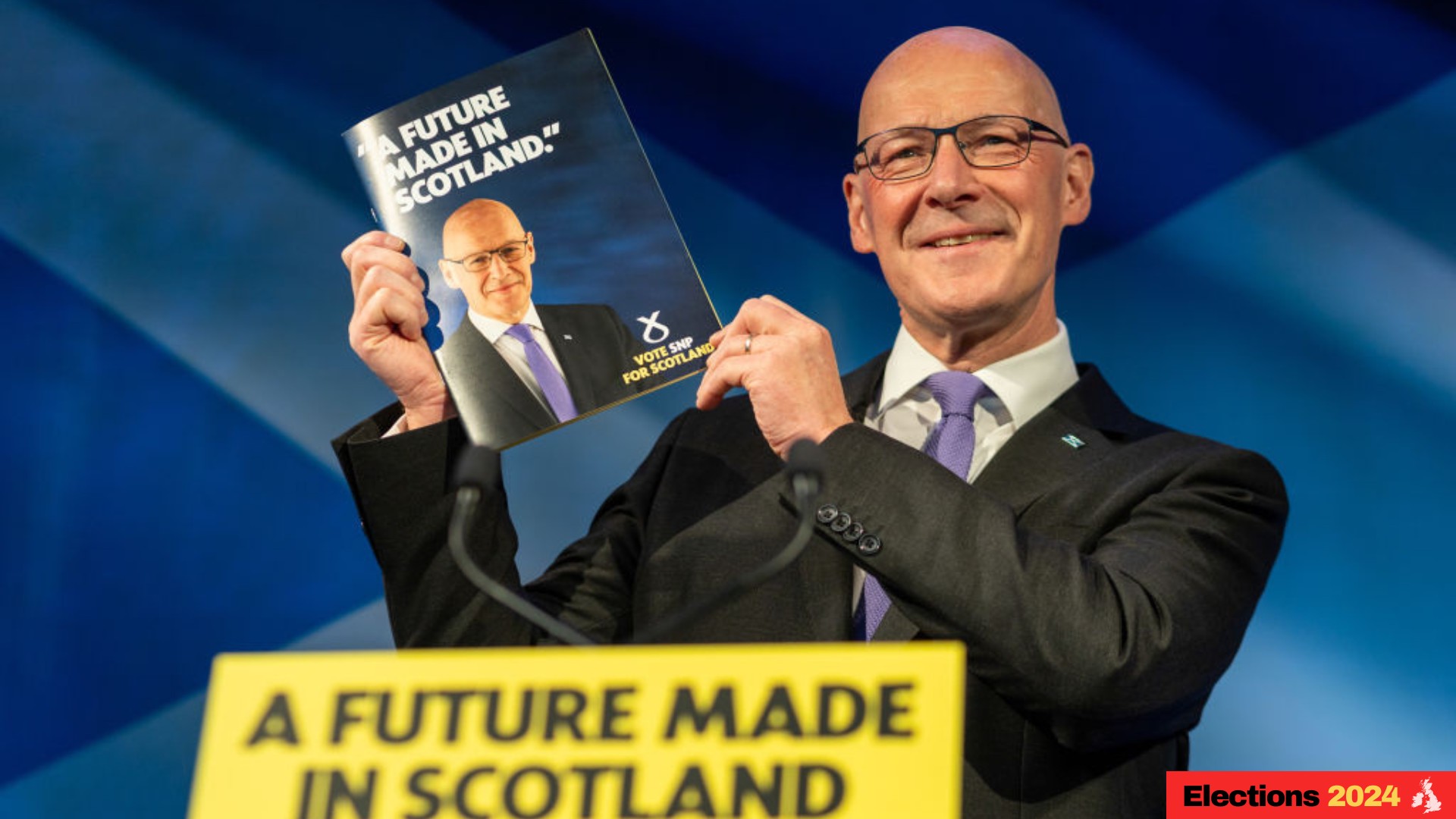 SNP manifesto 2024: what money policies did John Swinney announce?
SNP manifesto 2024: what money policies did John Swinney announce?The SNP manifesto has been launched in Scotland, and makes several key commitments, including a pledge to end austerity and a commitment to rejoin the EU.
-
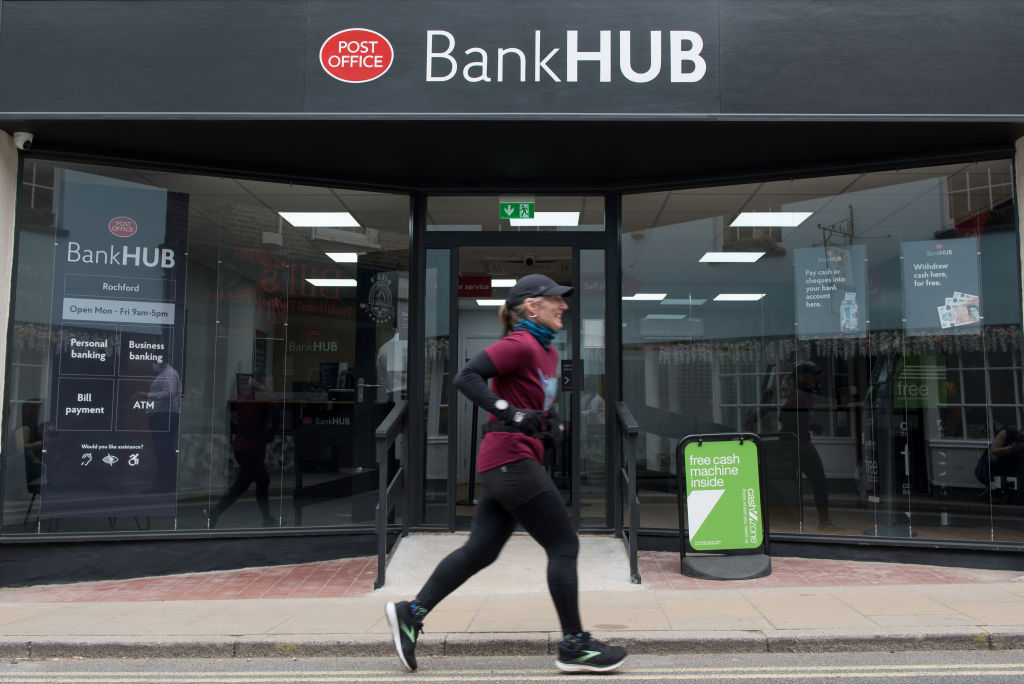 Labour pledges to open 'at least' 350 banking hubs over next Parliament
Labour pledges to open 'at least' 350 banking hubs over next ParliamentNews The Labour Party claims it will ‘bring banking back to the high street’ if it forms the next government after the 2024 general election.
-
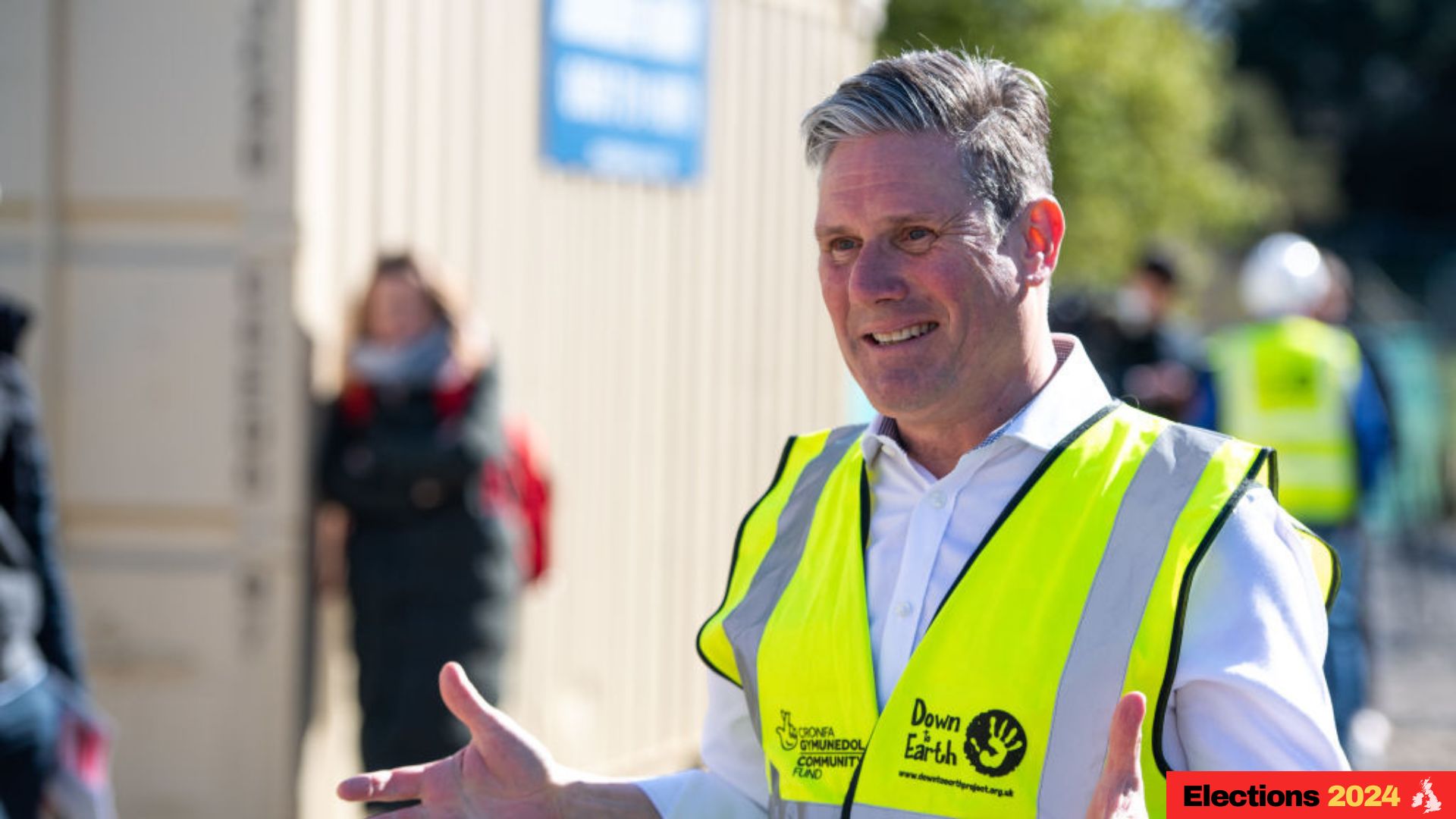 What does the Labour manifesto say about property? Key 2024 general election pledges
What does the Labour manifesto say about property? Key 2024 general election pledgesNews The Labour manifesto has made several promises around rental reforms, the leasehold system and housing market support. Here’s what a Keir Starmer government means for property.
-
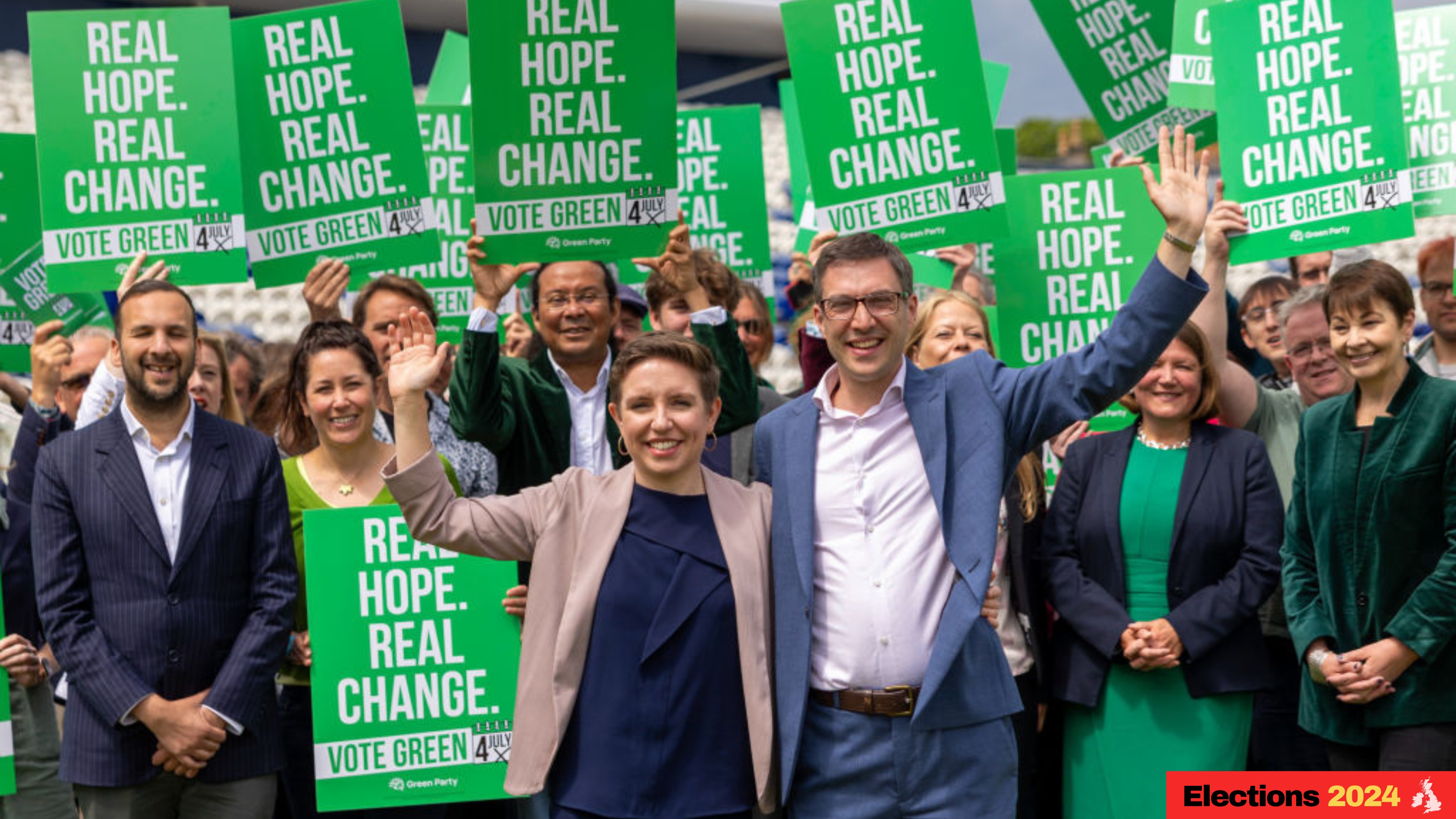 Green Party manifesto 2024: key personal finance general election policies
Green Party manifesto 2024: key personal finance general election policiesA Green Party government would introduce a wealth tax, increase National Insurance Contributions for high earners, and move towards a universal basic income.
-
 Conservatives pledge to raise high income child benefit threshold – how much could you save?
Conservatives pledge to raise high income child benefit threshold – how much could you save?News The high income child benefit charge threshold could be doubled to £120,000 if the Conservative Party wins the general election, Chancellor Jeremy Hunt has pledged.
-
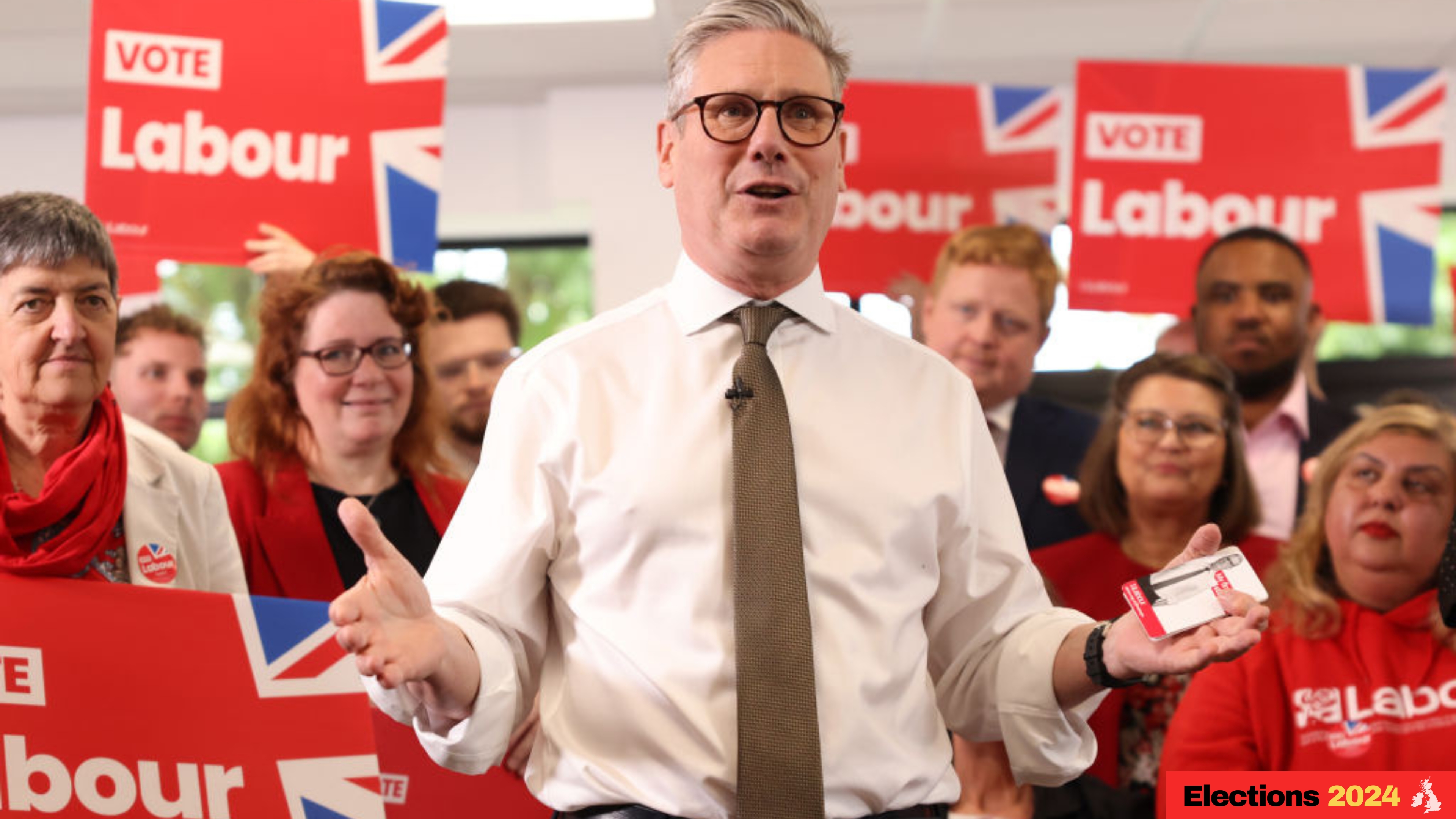 Labour unveils 'Freedom to Buy' pledge to get young people on housing ladder
Labour unveils 'Freedom to Buy' pledge to get young people on housing ladderNews Freedom to Buy will get 80,000 young people onto the housing ladder by the next general election, Keir Starmer's party has claimed
